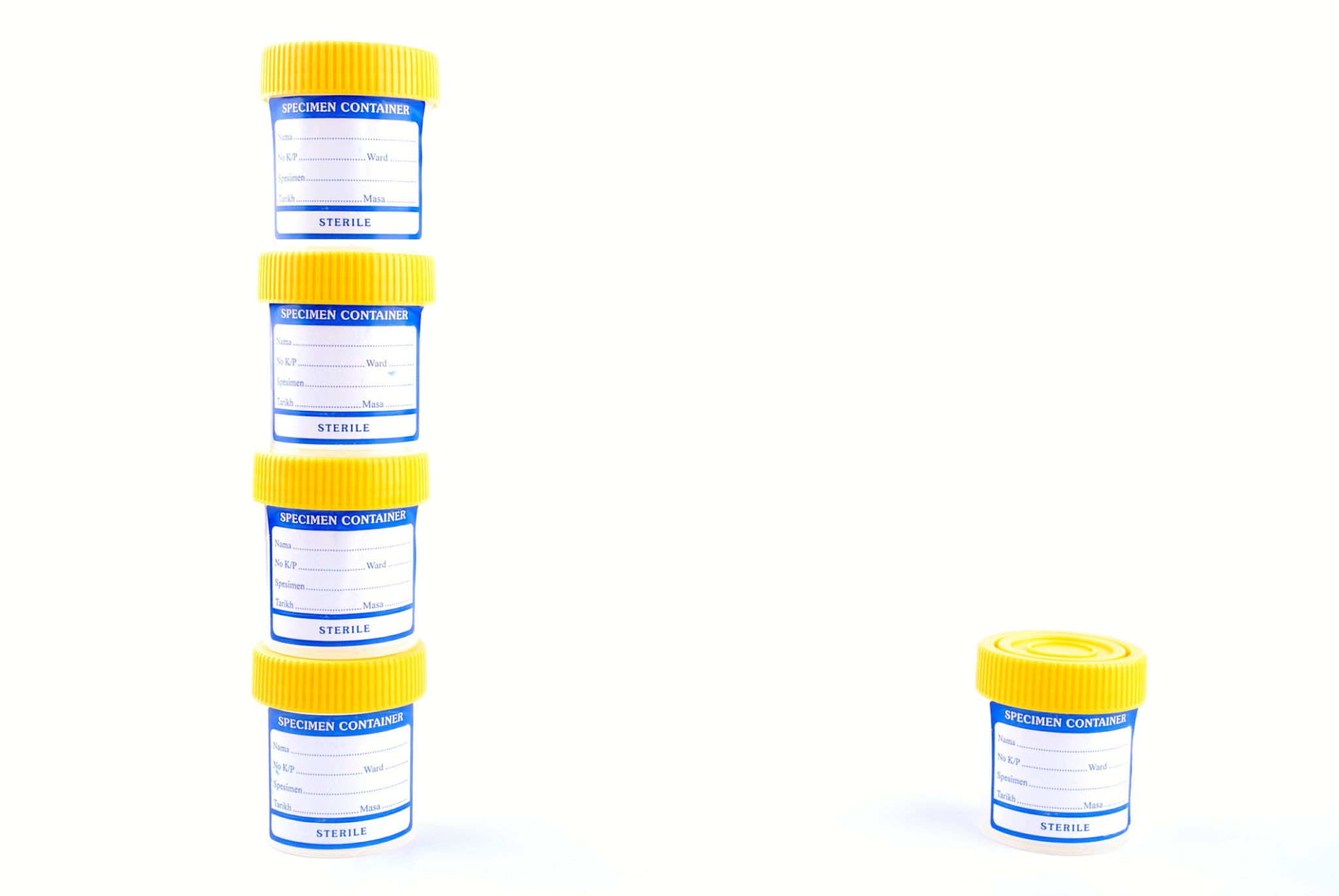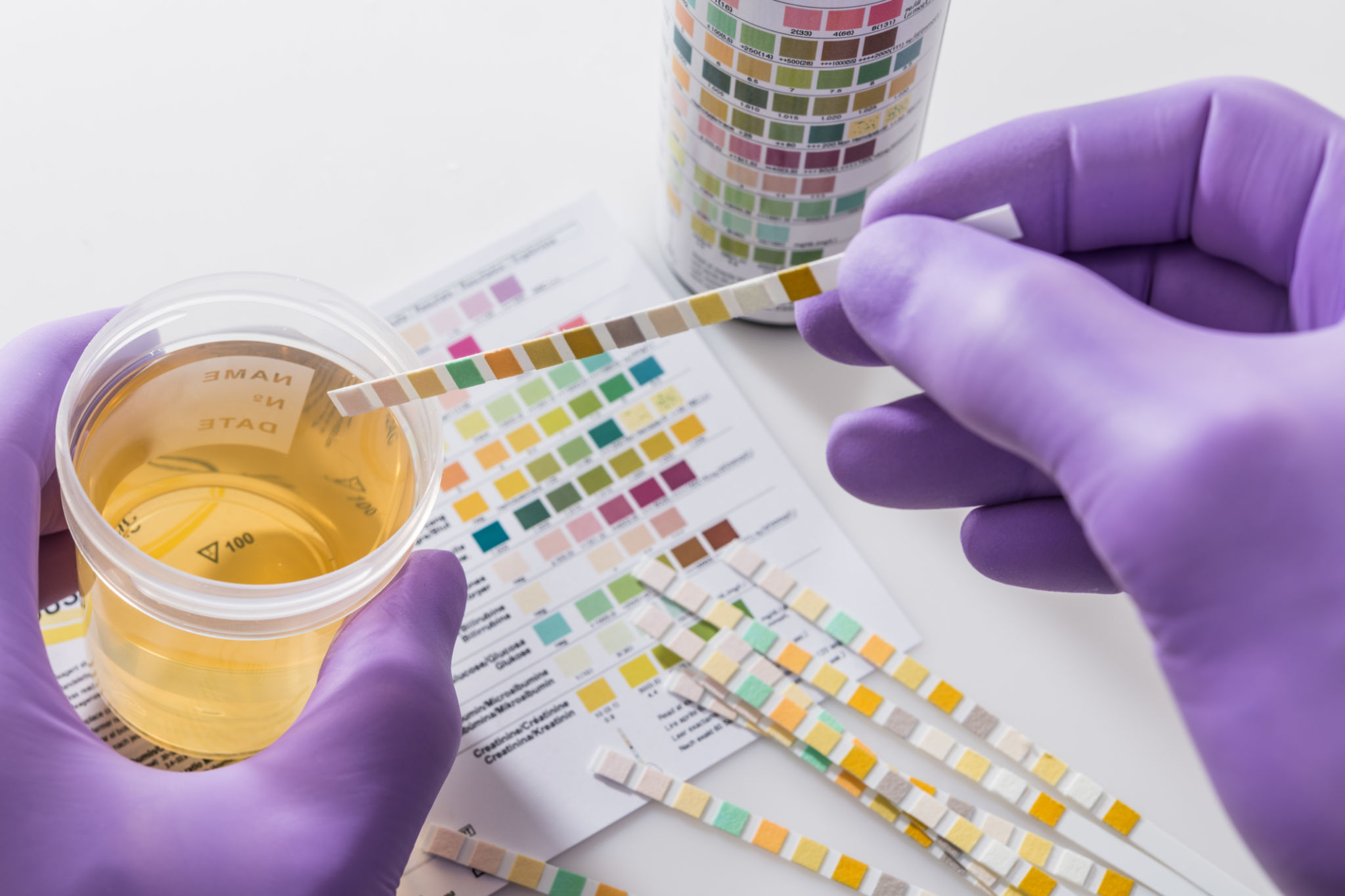Myths and Facts About Workplace Drug Testing
Understanding Workplace Drug Testing
Workplace drug testing is a common practice across various industries, but it is often surrounded by misconceptions. Understanding the myths and facts about this process can help both employers and employees navigate it more effectively. In this blog post, we will explore some of the most prevalent myths and provide clarity on the realities of workplace drug testing.

Myth: Drug Testing Infringes on Privacy
One of the most common myths is that drug testing is a violation of privacy. While it is true that employees have a right to privacy, workplace drug testing is usually conducted in compliance with legal standards and regulations. Employers are required to follow strict guidelines to ensure the process respects individual rights while maintaining workplace safety.
In most cases, employees are informed about drug testing policies during the hiring process or when such policies are implemented. Transparency and clear communication are key to balancing privacy concerns with organizational needs.

Fact: Drug Testing Promotes Safety
The primary goal of workplace drug testing is to ensure a safe and productive work environment. Employees under the influence of drugs pose a risk not only to themselves but also to their colleagues and the company as a whole. Implementing drug testing helps in identifying and addressing potential safety issues before they escalate.
Industries that require high levels of alertness, such as transportation and construction, particularly benefit from drug testing protocols as they help reduce accidents and improve overall safety standards.

Myth: Drug Tests Are Infallible
Another misconception is that drug tests are 100% accurate. While modern drug testing methods are highly reliable, no test is entirely foolproof. Factors such as the type of test administered, the substance being tested for, and even the individual's metabolism can influence results.
- False Positives: Certain medications or foods can sometimes cause false positives.
- Detection Windows: Drugs remain detectable for varying lengths of time depending on the substance and the type of test used.
It's essential for both employers and employees to understand these limitations and address any discrepancies through confirmatory testing if needed.
Fact: Drug Testing Policies Vary by Company
Not all companies have the same drug testing policies. The approach can vary significantly depending on industry standards, company size, and geographic location. Some organizations conduct pre-employment screening, while others may implement random or post-incident testing.
Employees should familiarize themselves with their company's specific policies to understand what is expected of them and what rights they have in relation to drug testing procedures.
Myth: Only Illegal Drugs Are Tested
A widespread myth is that workplace drug tests only screen for illegal substances. In reality, many tests also look for prescription medications that might impair an employee's ability to perform their job safely. Companies are increasingly aware of the potential for prescription drug abuse and may include these substances in their testing panels.

It’s crucial for employees taking prescribed medications to disclose this information appropriately to avoid misunderstandings during the testing process.
Fact: Drug Testing Can Support Employee Health
A well-implemented drug testing program can contribute positively to employee health and well-being. By identifying substance abuse issues early, companies can offer support and resources for employees who may need assistance, such as access to counseling or rehabilitation programs.
This proactive approach helps create a supportive work environment where employees feel valued and cared for, ultimately enhancing productivity and workplace morale.
